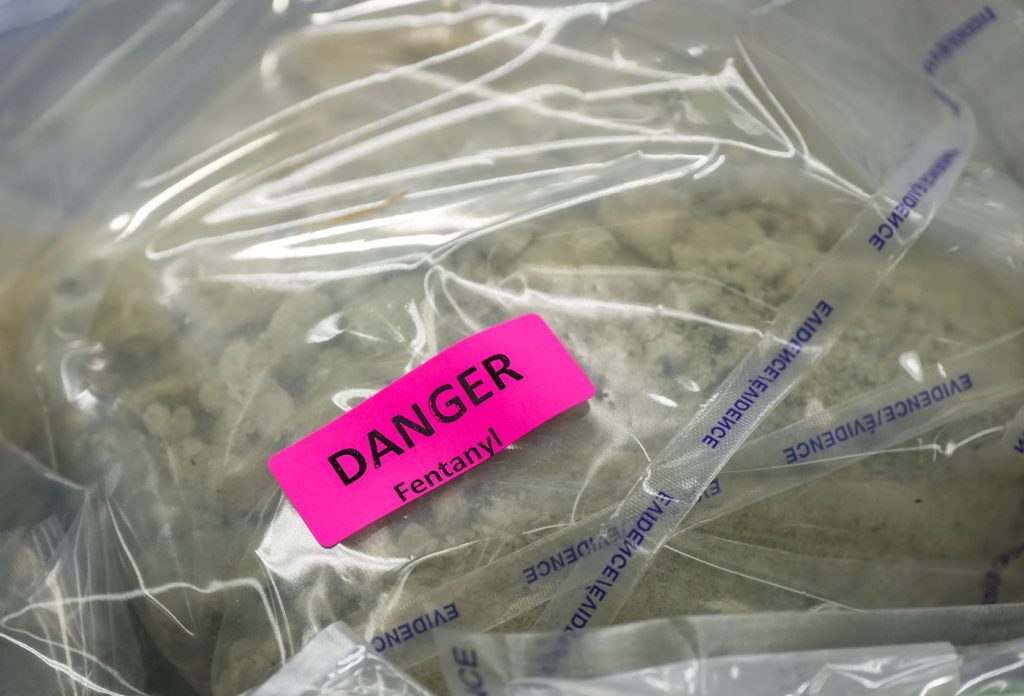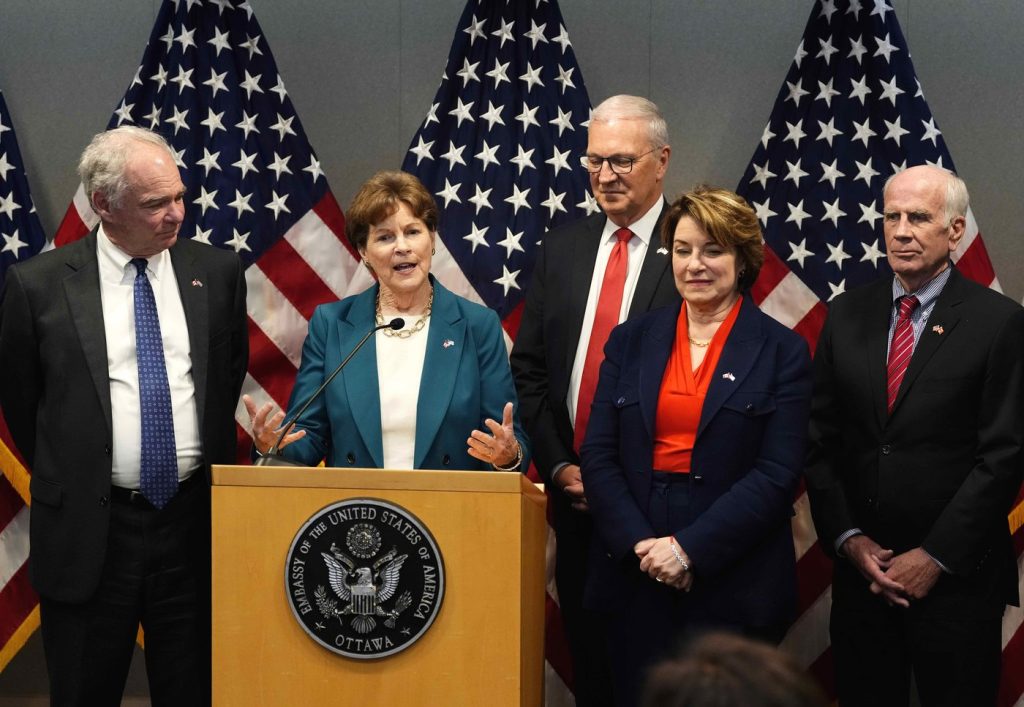In British Columbia, organized crime investigators have arrested a 32-year-old man named Jordan Treleaven, who is linked to an alleged operation that shipped fentanyl from Vancouver to the United States. The Combined Forces Special Enforcement Unit announced the arrest on Friday, stating that Treleaven faces seven charges, which include trafficking and unlawful export of fentanyl and methamphetamine, as well as possession of a prohibited firearm.
The investigation into Treleaven began in February when authorities suspected him of importing illegal firearms into Canada. A search warrant executed in Vancouver led to the discovery of a firearm and approximately 600 grams of fentanyl. Further inquiries revealed that U.S. Customs and Border Protection intercepted four shipments of fentanyl originating from Vancouver, totaling around 1,500 grams.
Canadian prosecutors formally approved the charges against Treleaven on May 20, and he was subsequently arrested by the Royal Canadian Mounted Police (RCMP) in Alberta on Thursday. The investigation into the firearm, which initially prompted the search warrant, continues and involves a separate suspect.
Manny Mann, the unit's chief officer, highlighted that this investigation has disrupted a significant cross-border drug trafficking operation, noting the ongoing harm that fentanyl continues to inflict on communities. Stephen Maloney from U.S. Customs and Border Protection remarked that the interception of the illegal drugs and firearm illustrates the vital role of international collaboration in safeguarding communities.
Maloney acknowledged the effectiveness of information-sharing between U.S. and Canadian border authorities and gang police in combating cross-border criminal activities. Additionally, Magdalena Sigur, a Homeland Security official with the U.S. Embassy in Ottawa, stated that transnational fentanyl traffickers remain a top priority for her agency. She affirmed a commitment to working collaboratively with Canadian law enforcement to dismantle organized criminal groups posing threats to safety and security.
Notably, during the U.S. trade war with Canada, tariffs imposed by U.S. President Donald Trump have been partially justified by claims regarding fentanyl smuggling across the border. However, Canadian authorities have argued that such concerns are often overstated. Data from U.S. Customs and Border Protection indicates that fentanyl seizures at the Canada-U.S. border accounted for less than 0.1 percent of the total seized between 2022 and 2024.
This recent operation underscores the ongoing challenges posed by illegal drug trafficking and the complexities of international law enforcement collaboration. The situation reflects a broader concern regarding the impacts of fentanyl on communities, as enforcement agencies strive to counteract the activities of organized crime.












